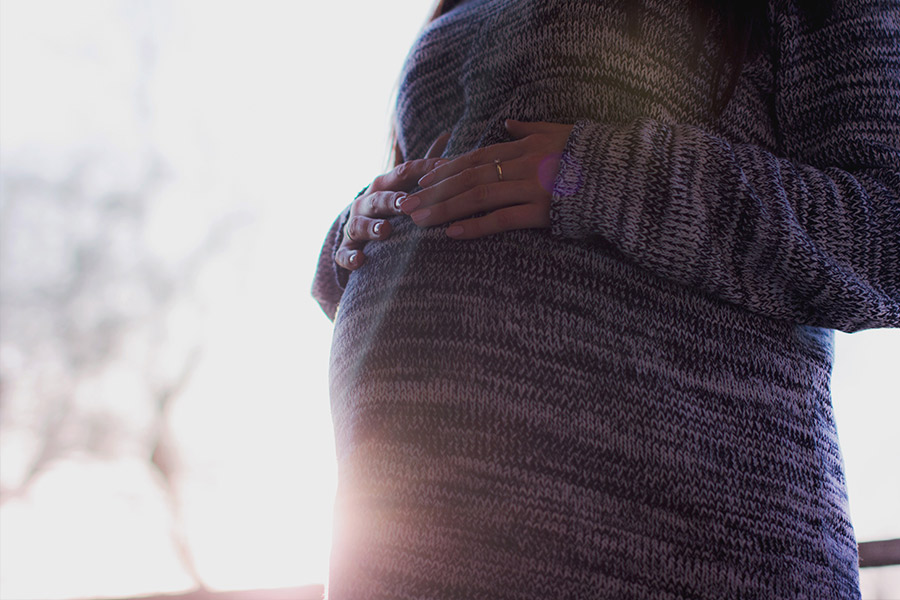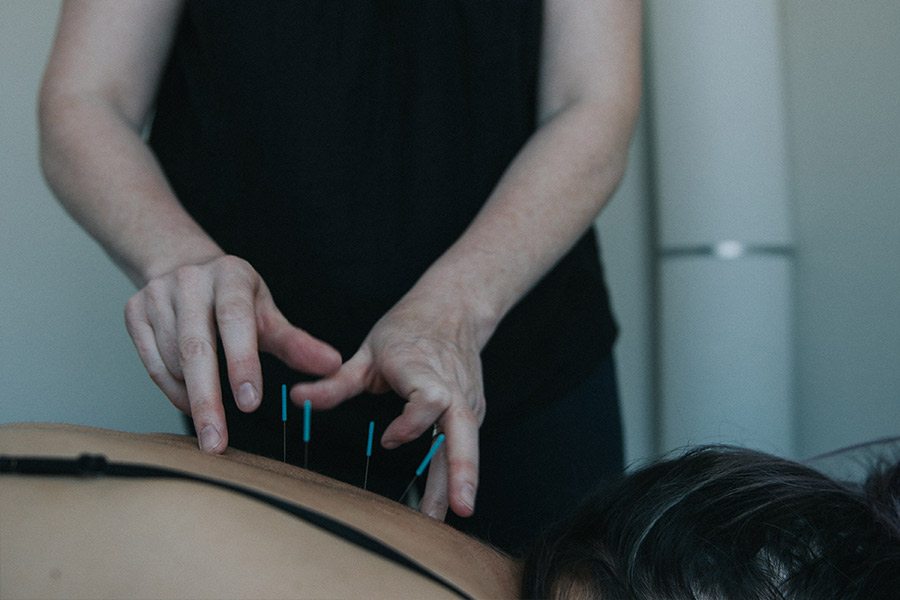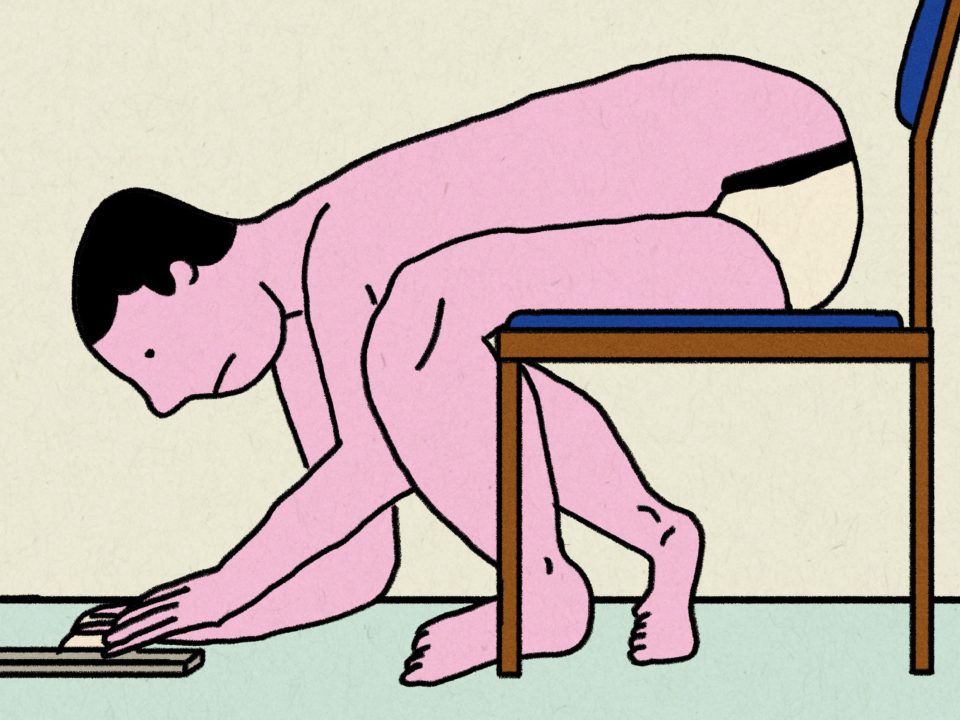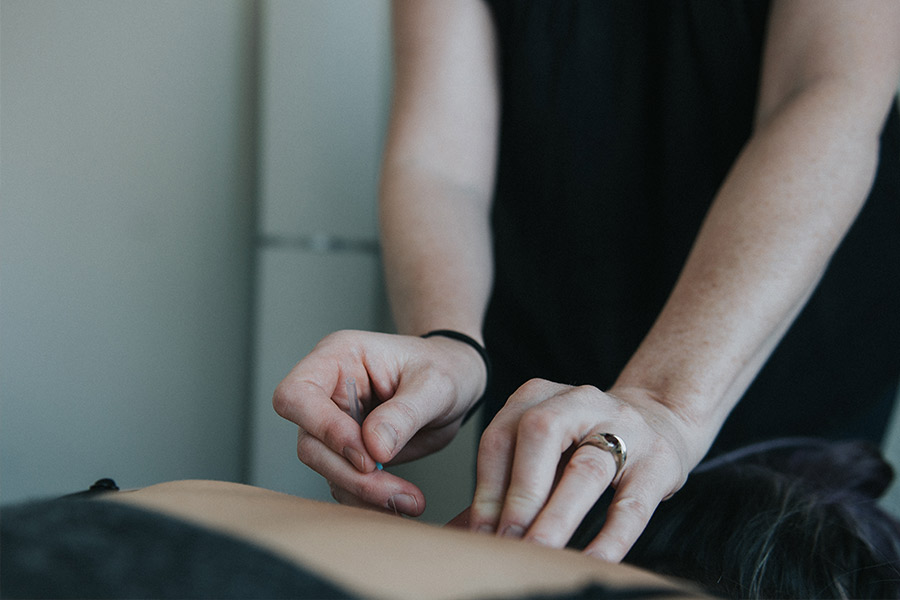Acupuncture Has Been Practiced For Centuries
Acupuncture is a traditional Chinese medicine that is generally safe to have during pregnancy. The healing art form is an effective alternative at a time when many women prefer to avoid taking pharmaceuticals for minor ailments. Traditional Chinese medicine views the body as two opposing forces, yin, and yang. When an imbalance occurs between the two, it blocks the flow of vital energy along internal pathways within our bodies. The flow can be restored by using pressure, and needles at hundreds of specific points on the body.
Acupuncture As A Safe and Viable Treatment Option During Pregnancy
Pregnancy is the most wonderful period of a woman’s life. When you are pregnant, you are full of happiness, optimism, and a little bit of anxiety. People shower you with their blessing and the extra attention makes you feel special and then there is that pain from out of nowhere. There is also the long list of uncomfortable pregnancy symptoms that arise and for some, pharmaceuticals are not an option. Many prefer a natural healing alternative like acupuncture to relieve their symptoms.
Pregnancy symptoms acupuncture can relieve that science has studied:
- Miscarriage or Threatened miscarriage
- Early pregnancy supportive care
- Nausea and vomiting
- Constipation and hemorrhoids
- Varicose veins and vulval varicosities
- Headaches and migraines
- Pelvic Pain in Pregnancy
- Musculoskeletal conditions such as back pain, pelvic and hip pain
- Fatigue and exhaustion
- Anxiety and depression
- Itching in pregnancy
- Hypertension disorders including Pregnancy-induced hypertension
- Gestational diabetes
- Breech and posterior positioned babies
- Preparation for a medical Induction
- Pre-birth acupuncture to prepare the body for an efficient labour
- Acupressure taught to support people to use for pain relief during labour
- Postpartum recovery
Recent Study
Elden et al. 2005 published to date what is the largest randomised controlled trial of acupuncture for and pelvic pain in pregnancy involving 386 pregnant women.
Summary & Conclusion
The objective of this study was to compare standard treatment for pelvic pain (a pelvic belt, patient education and home exercises for the abdominal and gluteal muscles) with standard treatment plus acupuncture or standard treatment plus extra physiotherapy stabilizing exercises (for the deep lumbo-pelvic muscles).
The study time frame consisted of one week which was used to establish a baseline, followed by six weeks of treatment. The acupuncture treatment was given twice a week and the stabilizing exercise sessions one hour per week (with patients than doing these exercises several times a day on a daily basis). Follow up was carried out one week after treatment finished.
Pain was measured by a visual analogue scale and by an independent examiner before and after treatment. The authors concluded acupuncture was superior to stabilising exercises in the management of pelvic girdle pain in pregnancy, with acupuncture the treatment of choice for patients with one sided sacroiliac pain, one sided sacroiliac pain combined with symphysis pubis pain and bilateral sacroiliac pain.
The latest Cochrane review (considered the ‘gold stranded’ in research for evaluating randomised controlled trials) examined 26 trials involving 4093 pregnant women with different therapies including acupuncture and physiotherapy.
Eleven trials involved Lower Back Pain, 11 trials Lumbo-pelvic pain and four pelvic pain (including the Elden et al trail as discussed above). Their findings were reported as:
- Acupuncture significantly reduced pelvic pain more than usual care alone
- Acupuncture was significantly more effective than exercise for reducing pelvic pain.

Acupuncture is a beautiful way of helping women and their babies, naturally take control of their health.






